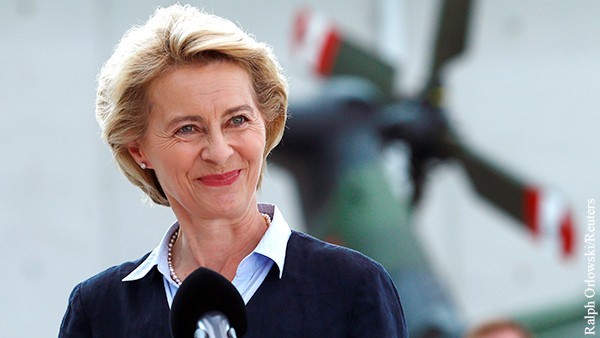the European Green Agreement sets how to make Europe the first continent climate neutral by 2050, strengthening the economy, improving health and quality of life.
the Agreement is a roadmap with the actions aimed at increasing resource efficiency by switching to organic cyclic economy and stop climate change, restore the loss of biodiversity and reduction of environmental pollution. It describes the necessary investment and available financing instruments, and also explains how to achieve a just and comprehensive transition to a carbon-neutral production.
"European green agreement is our new growth strategy - the growth that returns more than it takes ... We are determined to succeed in the name of this planet and life on it - for the natural heritage of Europe, biodiversity, our forests and our seas," said European Commission President Ursula von der Leyen.
European "green agreement" covers all sectors of the economy, particularly transport, energy, agriculture, construction and industries such as metallurgical, cement, textiles and chemical industry. According to the European Commission, achieving the current climate and energy goals for 2030 will require additional 260 billion euros of annual investments, that is around 1.5% of EU GDP in 2018.
the Commission invites the European Parliament and the European Council to support the desire for a future economy and environment of Europe and to help in its implementation. The Commission will propose measures announced in the road map for the European green agreement.
the Vast majority of Europeans believe that environmental protection is important (95%). Almost 8 out of 10 Europeans (77%) say that protecting the environment can boost economic growth.




